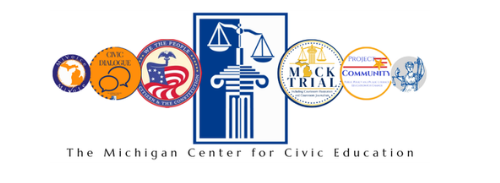This research and deliberation activity encourages students to look at the issue of same-sex marriage from different points of view.
Civics Lessons
The Exchange: Should Same-Sex Couples Have the Right to Marry
The Bill of Rights: Debating the Amendments
In this lesson, students examine a copy of twelve possible amendments to the United States Constitution as originally sent to the states for their ratification in September of 1789. Students will debate and vote on which of these amendments they would ratify and compare their resulting “Bill of Rights” to the ten amendments ratified by ten states that have since been known by this name.
The Preamble to the Constitution: How Do You Make a More Perfect Union?
These lessons help your students begin to understand why the Founders felt a need to establish a more perfect Union and how they proposed to accomplish such a weighty task.
To Amend or Not to Amend, That’s Been the Question…Many Times
This lesson asks students to examine recent proposed amendments to the U.S. Constitution, analyze them for public policy triggering mechanisms, and compare and contrast them to amendments that have been ratified.
Freedom of Expression
Deliberting in Democrcay lesson which gets students to deliberate the question–Should our democracy block Internet content to protect national security?
The Exchange: When Should Increased Security Measures Outweigh Your Privacy Rights in School?
This activity encourages students to deliberate on the issue of balancing privacy and security.
Constitution Day: The 1965 Alabama Literacy Test
Students learn about literacy tests by taking what they think is a pop quiz on the Constitution and Bill of Rights.
Responsibility and the U.S. Constitution
In this lesson, students learn about responsibility and apply the concept to segments of the U.S. Constitution.
Voting in Congress
Students learn what factors members of Congress consider when deciding whether to vote for a bill. These include the powers given to Congress by the Constitution, members’ personal opinions, political party support, and what voters think. During the first day of the lesson, students find out about each of these factors. During the second day, students get to try their hand at weighing the factors by considering hypothetical bills.
Rules, Rules, Rules-The Eraser Game
Students reflect on when and why rules are needed and the importance of rules in the classroom or in a community setting.

